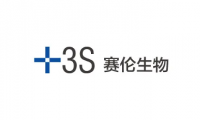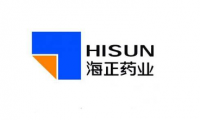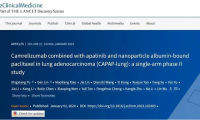-
US agency nixes Seagen patent, handing Daiichi Sankyo a win in long-running Enhertu entanglement
- Source: drugdu
- 146
- January 19, 2024
-
Blood Test to Track Gene Expression in the Brain Could Help Prevent Neurological Diseases
- Source: drugdu
- 110
- January 18, 2024
-
Allakos Skin Drug Fails 2 Mid-Stage Tests, Sparks Restructuring to Cut 50% of Staff
- Source: drugdu
- 124
- January 18, 2024
-
Drug Farm candidate gains rare paediatric disease status
- Source: drugdu
- 148
- January 17, 2024
-
Menopause Startup Launches AI-Powered Hot Flash Care Product
- Source: drugdu
- 176
- January 15, 2024
-
FDA clears painful diabetic neuropathy neurostim therapy from Neuralace
- Source: drugdu
- 149
- January 15, 2024
-
Hengrui Pharmaceuticals’ “Double Ai” Combination Study for Advanced Lung Adenocarcinoma Featured in The Lancet Supplement
- Source: drugdu
- 95
- January 15, 2024
-
AcelRx becomes Talphera, adopting new name to reflect pain pivot
- Source: drugdu
- 133
- January 12, 2024
your submission has already been received.
OK
Subscribe
Please enter a valid Email address!
Submit
The most relevant industry news & insight will be sent to you every two weeks.













